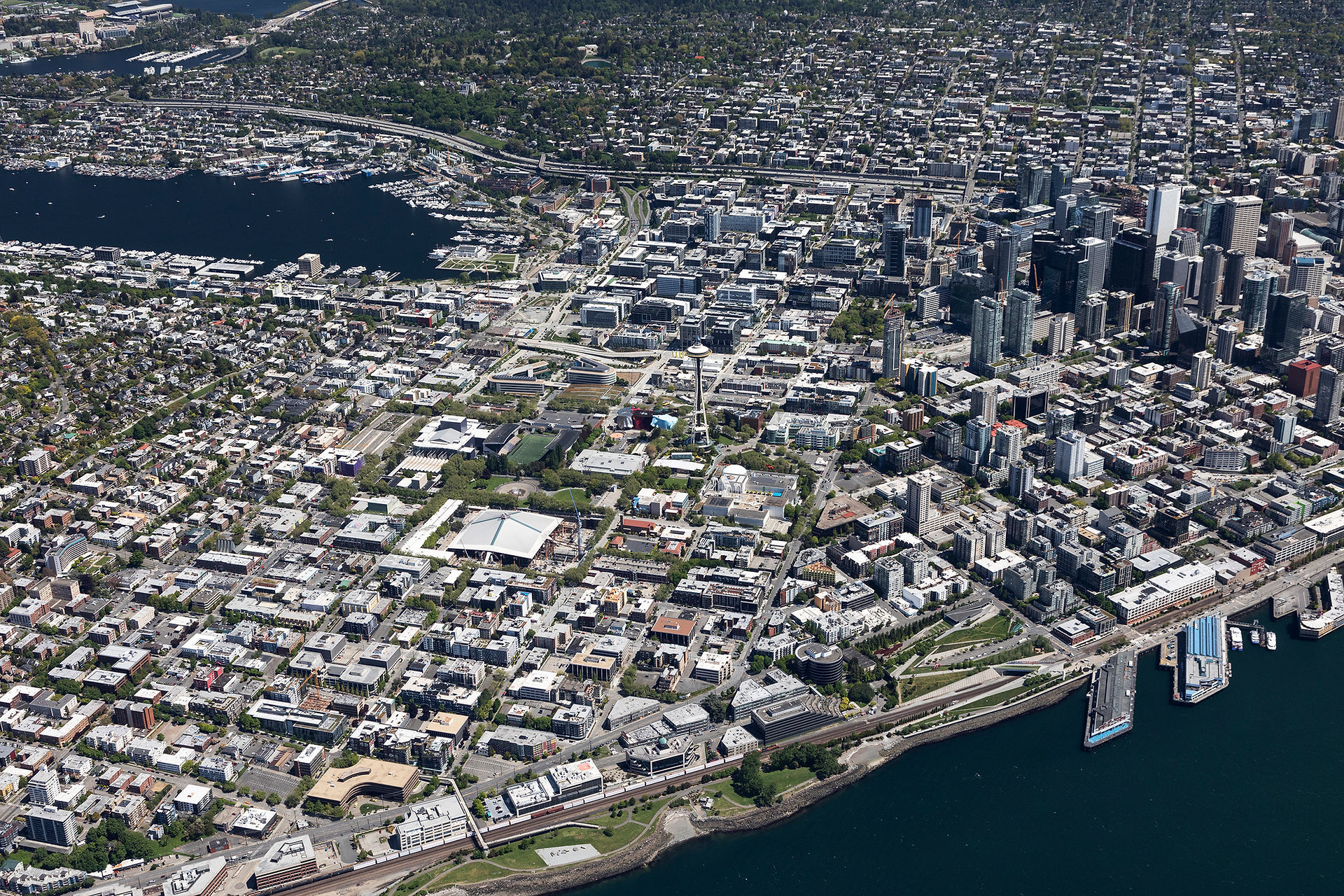The New Normal Will Take a While
- Matt Hays

- Oct 19, 2021
- 3 min read

Wouldn't it be convenient if the post-Covid world arrived in a neat package, with a clear "new normal"? Say around March 1?
Employers would confidently stride into new hybrid work formats developed with their whole staffs, including permanent facility solutions. We'd all have decided what we're buying at stores vs. online. Public agencies would know their long-term revenue outlooks, business travel would have stabilized, and the housing and transportation sectors could build based on where and how we want to live permanently. A roller coaster, but a predictable one.
Well, that's not going to happen. The uncertainty will last, for years in some sectors. But there will be opportunities for A/E/C/RE firms, and things will get progressively more clear.
Why Will It Last?
Let's start by pretending we know when Covid will be under sufficient control. With vaccinations and a new drug that will apparently reduce the mortality rate, March 1 might be reasonable. So imagine everything opens and all the facility types and users can take their new forms. What then?
I believe the answer will be a lot of trial, error, and continued uncertainty on the part of employers, workers, retailers, shoppers, travelers, residents, and so on. And even when things feel stable, we'll need to live in the new normal to really judge it. Get ready for Phases 2 and 3 of the great Covid facility rethink.
Offices Are a Lynchpin
The office market might be the biggest question mark. Office employers all have post-Covid plans—all in, various hybrids, or all home, with many safety and resilience ideas. These plans are all over the map. Will most succeed as written? Or will many need substantial rethinking? What happens when some firms retain and recruit better than others, or find their innovation and culture weakening? Will social distancing be a priority in 2023?
Many tenants are being cautious, avoiding major facility decisions until they test their theories and plans. They'll rethink things when the time is right or their leases come up. Some are signing short lease extensions to accommodate this process. A/E/C/RE firms should expect a lot of occupied renovations and new buildouts for years to come. New buildings might do well if tenants prioritize post-Covid design and the cost premium isn't too high vs. existing space.
Some who've dived headfirst into new working concepts might rethink and attempt to un-dive. "Oops, we need more space," they'll say. Others might shrink. Demand might be strong for nimble A/E/C/RE partners to save the day, as well as for ready-to-go or shared offices.
Housing Will Follow
People's home choices might be uncertain as well. Many people will be cautious, then make "permanent" choices when they're confident. Even then, will their initial preferences last? We all have opinions about working from home that are based on Covid-era bootstrapping and biased recollections about the office and commuting. Will those opinions change when offices reopen? Will recollections hold true?
How many people will pay a premium to live near work? How dependent are our office-adjacent residential districts on worker convenience vs. lifestyle? It's encouraging (from an A/E/C/RE perspective) that the apartment market has plummeted to the lowest vacancies in recent history, at 4.5% today per CoStar, with some core districts even lower. While some of this is people getting ready to head back in, a lifestyle factor seems likely. Will condos follow, since buying requires more confidence?
Everything Else
Each sector is different. How much of the online retail shift is permanent? Will we rush back to in-person conventions? What do we think about online college classes? A million questions remain. These things are going to take a while.
There will be strong sectors, and many clues along the way. Remember to watch for them!




Comments